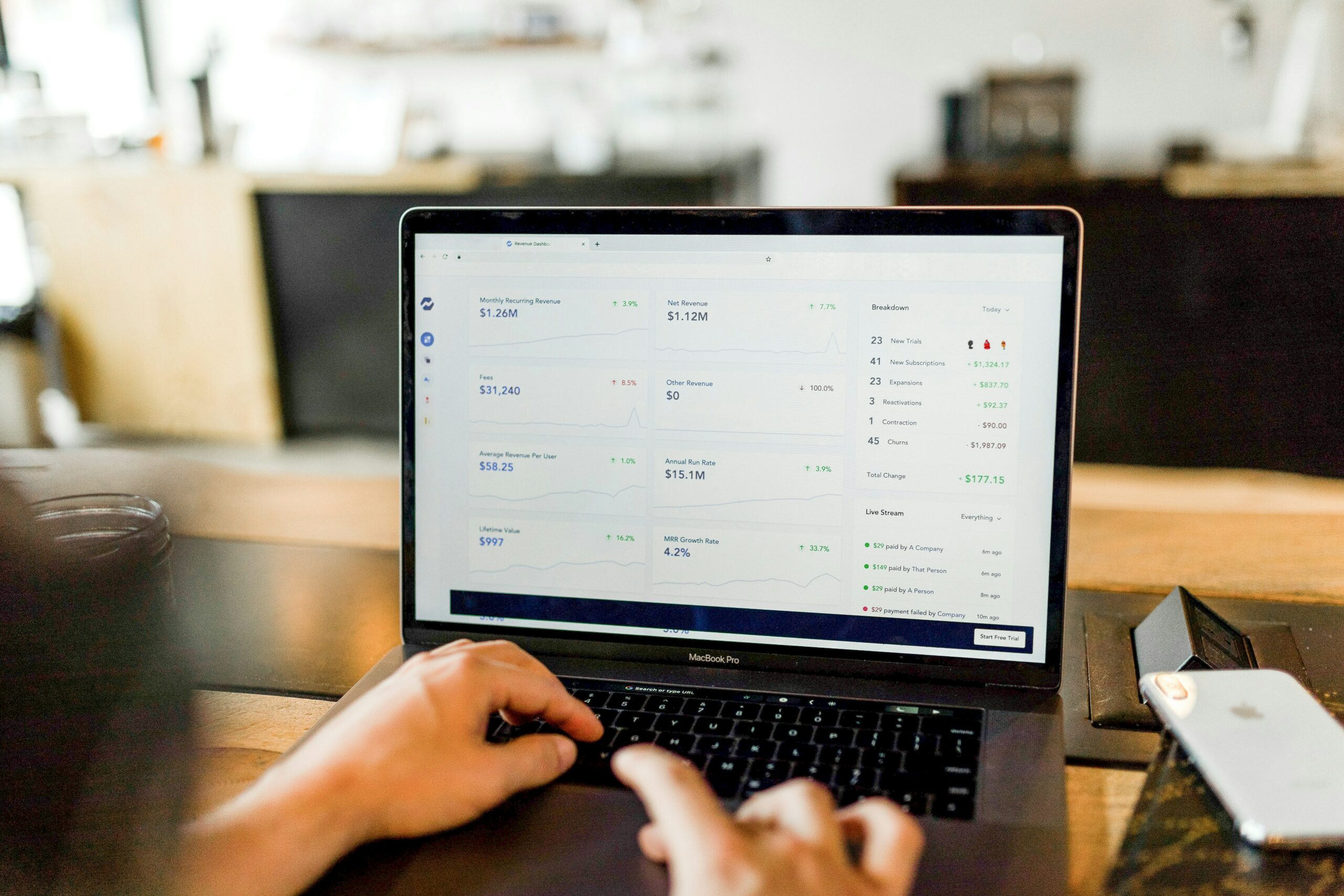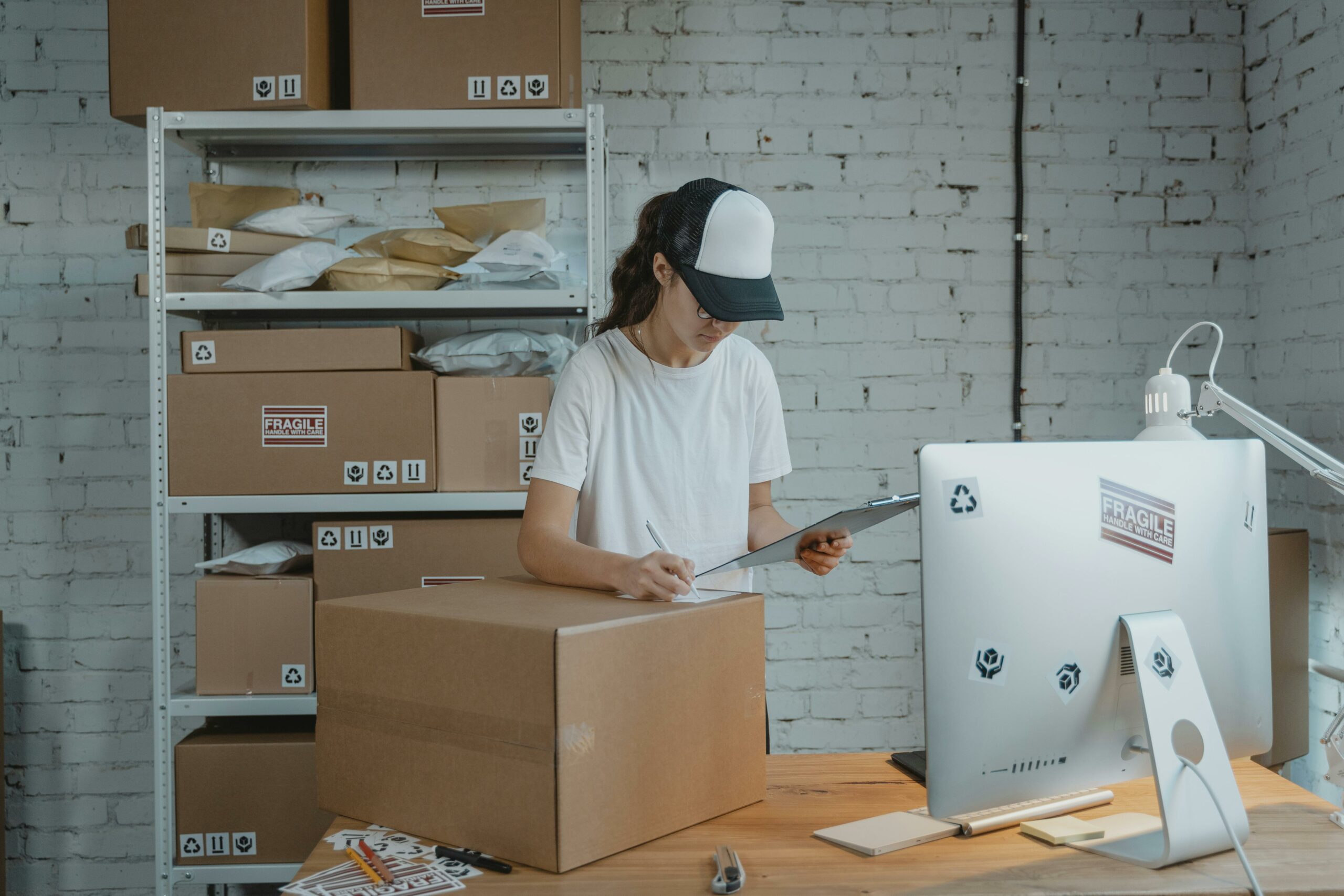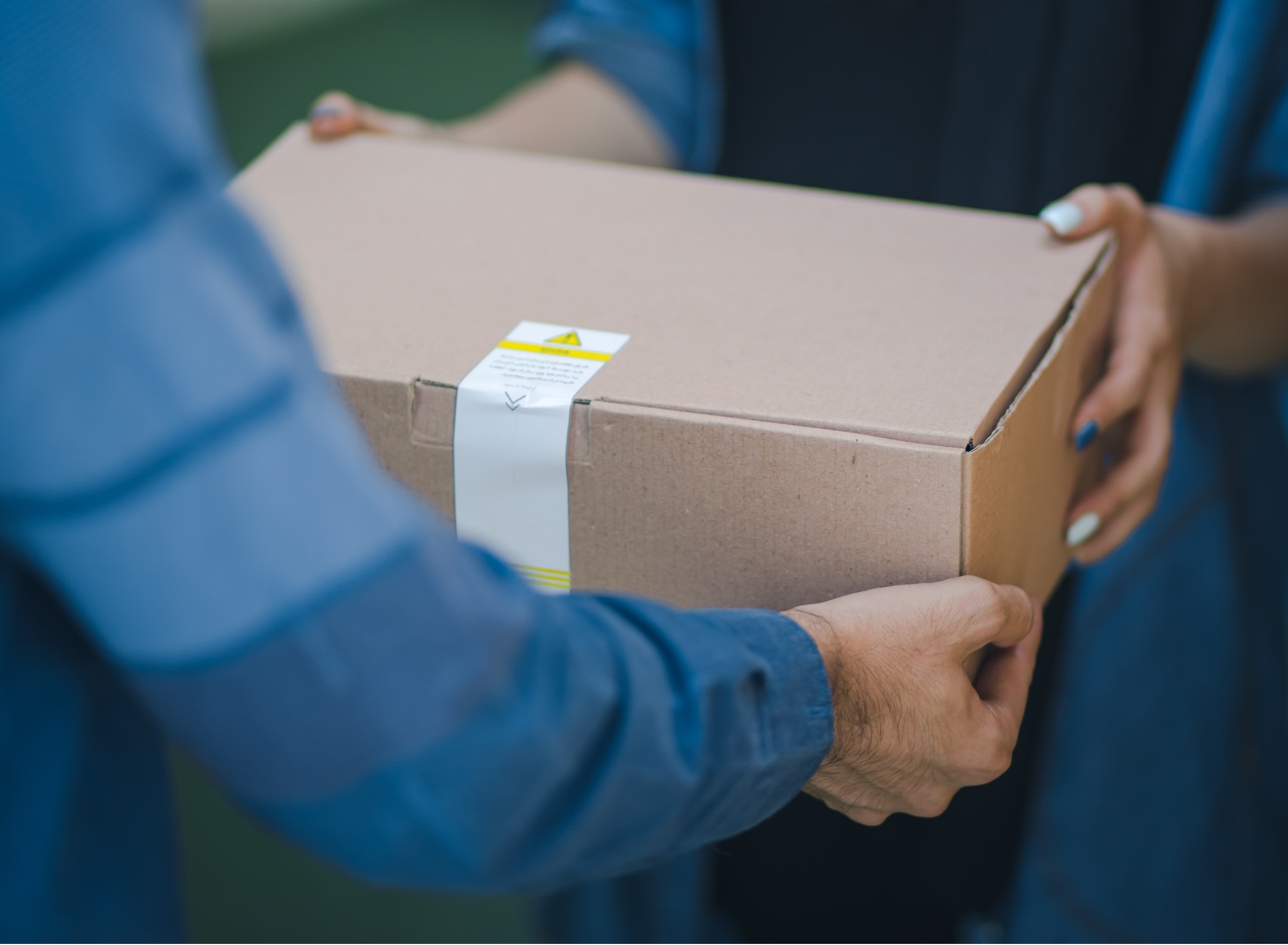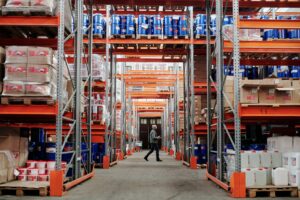
Choosing the right 3PL warehouse for your eCommerce business might seem like a daunting task. However – most brands only need to check-off a few boxes to find the right fit (although it depends on your supply chain and fulfillment needs).
Whether you’re a large furniture brand with large and heavy SKUs, a subscription brand with unique storage and bundling needs, or a multi-channel brand that sells via Shopify and Amazon – this article will cover every factor to consider when choosing a 3PL:
- Scalability
- Value-added services
- Amazon FBA support
- Costs
- Location
- Tech capabilities
When choosing a 3PL for your eCommerce business, you should approach every initial discussion with each of these factors in mind – along with the specific needs for your supply chain. Let’s dive into each one.
1. Scalability
A reliable 3PL partner should take the time to understand your business growth, how quickly it moves, and what you need to scale. If a warehouse is not prepared to grow and scale with you, it can lead to issues such as product damage or failure to keep up with shipping volumes. Choosing a warehouse that is flexible and has a growth mindset will ensure that it’s prepared for any changes that come your way.
A scalable 3PL center will be equipped with the necessary resources, equipment, and manpower to accommodate your company’s ever-changing needs. It should be able to:
- Handle unpredictable surges in seasonal demand
- Incorporate new sales channels like Amazon, Walmart or Etsy (without interrupting your day-to-day operations)
- Offer additional warehousing space and staff when needed
By partnering with a 3PL warehouse who can scale with your business, you can minimize the risk of supply chain disruptions – and ensure your customers do not experience delays or out-of-stock situations (especially if you sell subscription products). On the flip side, opting for a less scalable warehouse can limit your company’s potential for growth – resulting in a compromised customer satisfaction rate and lower profitability.
2. Value-added services
Value-added services are an essential factor to consider when it comes to knowing how to choose a 3PL for your eCommerce business. These services can provide an additional competitive edge and improve your overall retention rates. By outsourcing these services to your 3PL provider, you can expect to save on valuable resources such as labor, equipment, and time. From kitting and bundling, to quality control and return processing, value-added services can help optimize your supply chain processes and reduce your operational costs.
When seeking a 3PL that offers value-added services, it’s crucial to look for a partner that can offer custom solutions that fit your specific needs. Typical value-added services include:
- Kitting, bundling and assembly
- Quality control
- Cross-docking
- Palletizing and more
For example – kitting services can save time for both the warehouse staff and the end consumer by putting together individual products into a single package, while palletizing facilitates improved product placement and storage. Quality control also plays an integral role in the supply chain and ensures your products arrive with 5 star quality – and leave customers feeling the same. By choosing a partner that is well-versed in these types of value-added services, you have the potential to enhance customer experiences, improve production efficiency, and ensure high product quality.
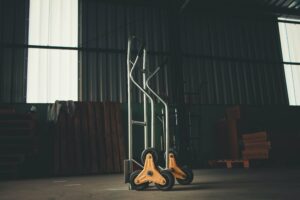
When collaborating with a 3PL provider, it’s essential to keep tabs on which value-added services your business requires to achieve max efficiency. By examining your customers’ needs and preferences, you can choose which value-added services will be the most impactful for your company. This could include services such as:
- Bundling different products into an exclusive package
- Setting up a return processing center or cross-docking for faster turnarounds
- Inspections and quality control measures at various stages of the supply chain
By optimizing value-added services in this manner, you can establish a value chain that operates smoothly and is capable of delivering exceptional customer experiences.
3. Amazon FBA support
If you’re selling on Amazon (or may in the future), it’s essential to have a 3PL partner that understands Amazon FBA prep and packaging. Many 3PLs offer this service, but not with the reliability and error-free quality you need – so it’s important to find one that understands the complexities of getting your products ready for sale on Amazon.
A good 3PL should not only take care of the proper labeling, packing and palletizing needed to send your product to an Amazon fulfillment center – it should also have a deep understanding of Amazon FBA rules. A few tips to consider:
- Be sure to ask about what methods are use for packaging and labeling according to Amazon FBA standards.
- This includes ensuring that all products are packaged securely in sufficient boxes or bags – properly labeled with barcodes and labeling information (and tracked for inventory purposes).
- Assess how well the 3PL coordinates with freight companies for shipping, since this is often a major cost factor when dealing with large orders.
The best providers will be able to provide insight into its procedures so that you can ensure compliance from the start.
When it comes to order fulfillment, a reliable 3PL partner should have a streamlined approach in place to ensure timely, accurate delivery of your products according to all relevant Amazon FBA rules. By selecting a warehouse management system (WMS) that is fully equipped with features such as cartonization software, automated picking processes and labels generators that fit the required format listed by Amazon FBA guidelines, you can protect yourself against costly errors or compliance issues down the line.
Finding a partner who knows how to meet these requirements accurately and efficiently will help save time and money – while ensuring customer satisfaction every step of the way.
4. Costs
When assessing costs for a 3PL, it’s vital to understand everything that may affect your bottom line. Factors like order size, shipping requirements, product complexity and customer service expectations can all play a role in how much you’ll end up paying your 3PL provider to manage your supply chain operations. Before making a selection, review all estimates associated with warehousing and fulfillment services – as well as any related taxes or fees that might apply.
When evaluating costs associated with a 3PL service provider, there are several important tips to consider in order to ensure you get the best value:
- See if there’s an initial setup fee or other hidden costs throughout the process that could potentially add up over time.
- Take into account any potential discounts for increased volume orders and ask about options for seasonal storage fees if needed.
- Be sure to inquire about IT system capabilities such as RFID tracking and automated inventory systems – which can help reduce labor costs in the long run.
Finally, ask about discounted shipping rates from major carriers that some 3PLs may offer as part of its services. By negotiating better shipping rates on behalf of its clients, select providers can save you thousands of dollars each year. Investing in a good quality 3PL partner who understands your needs is essential for maximizing efficiency and reducing expenses when managing your company’s supply chain operations.

5. Location
When selecting a 3PL provider, a major factor to consider is location in relation to your target market. Generally speaking, having a 3PL located near the coast can improve your profitability – as it helps to optimize shipping speeds and minimize shipping costs.
Keep in mind – shipments sent via coastal routes are generally less expensive and faster than those that travel by land or air. Being closer to the coast may mean access to more efficient logistics options such as ocean freight which could provide a cost-effective solution for large-scale shipments.
A few more points to consider:
- When assessing potential 3PLs, look at proximity to major ports and shipping hubs like airports or railway stations.
- This will give you an idea of whether or not you’ll have convenient access for both domestic and international shipments, which can significantly impact delivery times and freight costs.
- A good 3PL should also have relationships with reliable carriers and discount programs that can help lower shipping rates even further – which will shrink overall fulfillment costs as well.
If you’re looking to optimize your supply chain when choosing a 3PL for your ecommerce business, it pays to find a warehouse located in an area that allows easy access to major coastal hubs. This setup can minimize delivery time frames while helping cut down on costly overheads related to shipping fees – ultimately resulting in happier customers and lower expenses for your business.
6. Tech capabilities
When it comes to figuring out how to choose a 3PL for your eCommerce business, consider the type of technology it offers – and how it can be used to enhance your supply chain. Many modern 3PLs offer streamlined tech capabilities such as:
- Warehouse Management Systems (WMS)
- Transportation Management Systems (TMS)
- Application Programming Interfaces (APIs)
- Electronic Data Interchange (EDI)
By leveraging these technologies, your business can simplify order fulfillment processes and increase visibility into its supply chains.
Warehouse Management Systems offer powerful software tools that help automate inventory management, improve shipping accuracy and reduce cost. With a WMS in place, companies can track stock levels in real-time, create custom reports and streamline picking operations – all ensuring high-quality customer service while providing retailers with reliable access to much-needed data.
Transportation Management Systems provide a comprehensive suite of services that can allow your business to accurately monitor shipments from start to finish. TMS systems also allow for automated route optimization to minimize transit times, reduce fuel consumption costs and manage driving hours – thus increasing efficiency throughout the entire supply chain process.
Additionally, EDI integration and APIs make it easy for you to connect with customers for better interaction – allowing it to focus more on customer relations instead of manual paperwork entry. By incorporating these cutting-edge tech capabilities into its operations, you can ensure an efficient operation with fewer errors at a lower cost.
Final thoughts on how to choose a 3PL warehouse
Combining these six factors to consider when choosing a 3PL for your eCommerce business will give you a strong foundation to build on. By evaluating scalability, location, costs and value-added services (based on your inventory requirements) – you can make an informed decision that will boost your bottom line, improve cash flow and grow your retail brand faster.


